Return To Vinyls Podcast
Available On Your Favorite Podcast Platform Including Apple Podcasts, iHeart and Spotify. Or listen here.
Episode 2.
When R&B Got Soul and Entered the Mainstream. Two new Wilson Pickett LPs.
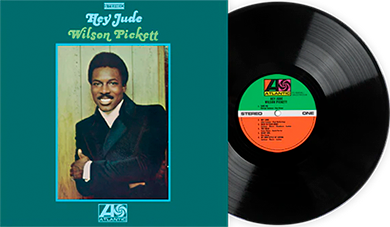
Hey Jude Wilson Pickett
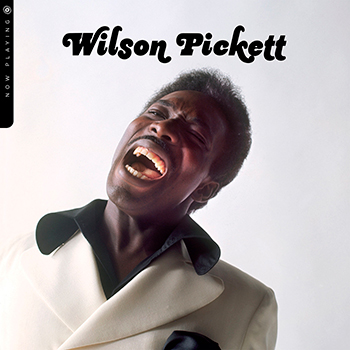
Now Playing Wilson Pickett
Links for this episode
Books:
Everybody's Heard About The Bird
Web:
Wilson Pickett Unsung Documentary
The Underbeats Minniepaulmusic
Photos
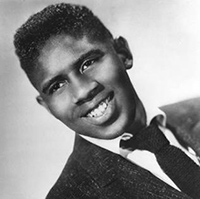
Richard Berry author and singer of the original version of Louie Louie. He did not receive credit for the song until years after its release by the Kingsmen.
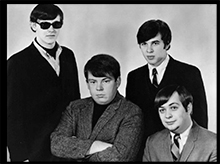
The Minneapois band the Underbeats was one of the bands that introduced young white teens to the music of Motown and soul. With a few member changes they became Gypsy.
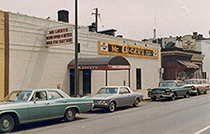
Mr. Lucky's one of the many teen night clubs in the Minneapolis / St. Paul area in the 1960s. Located on Lake Street and Nicollet Avenue
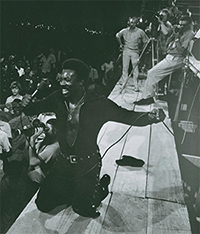
Wilson Pickett Soul to Soul concert in Ghana Africa in 1971. Considered by many to be the Woodstock of Africa it was released as a documentary film in much of the rest of the world expanding the influence of American soul singers
Rhythm and Blues, or R&B as it is normally referred to, emerged on the music scene in the early 1950s. By the early 1960s R&B, particularly that coming out of Detroit from Barry Gordy’s Tabla and Motown labels was popular across a broad spectrum of music. But as the Beatles and British invasion music begin to dominate the pop charts, R&B took a turn from the heavily orchestrated Motown sound of groups like the Supremes and Temptations to deeper soul music. Wilson Pickett was one of the singers who both rode that new wave and helped drive it. Pickett’s story tells us a lot about not just his career and R&B in general but American culture as well. So what is the story? We will find out and look at a new exclusive version of a Wilson Pickett classic LP from Vinyl Me Please and a new compilation of Pickett’s hits from Target. So roll back the rugs and put your dancing shoes on.
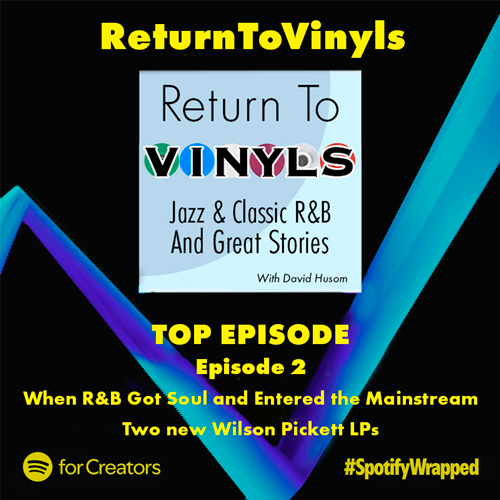
Copyright Notice: All of the music samples used in this podcast series are used under Fair Use provisions of the US Copyright Law which states: “it is permissible to use limited portions of a work including quotes, for purposes such as commentary, criticism, news reporting, and scholarly reports.”
The copyright of all music in this podcast series is held by the individual holders. The theme and end songs are licensed from Fresh Music Library. All commentary is copyright by David Husom. All rights are reserved. Contact the author for educational use of this material.
Copyright © 2026 All Rights Reserved David Husom